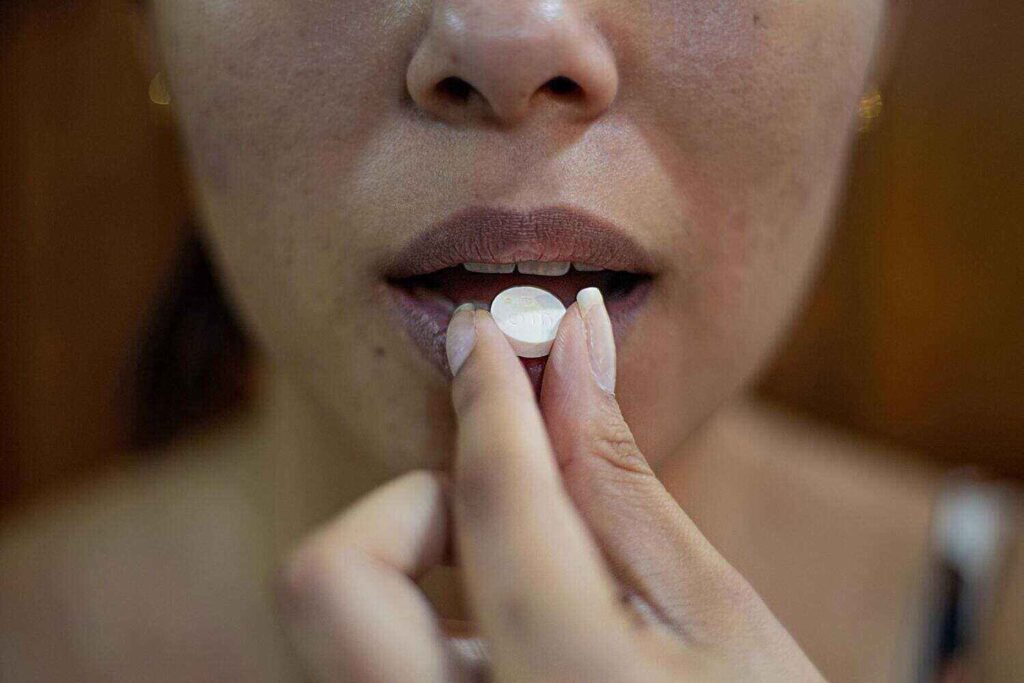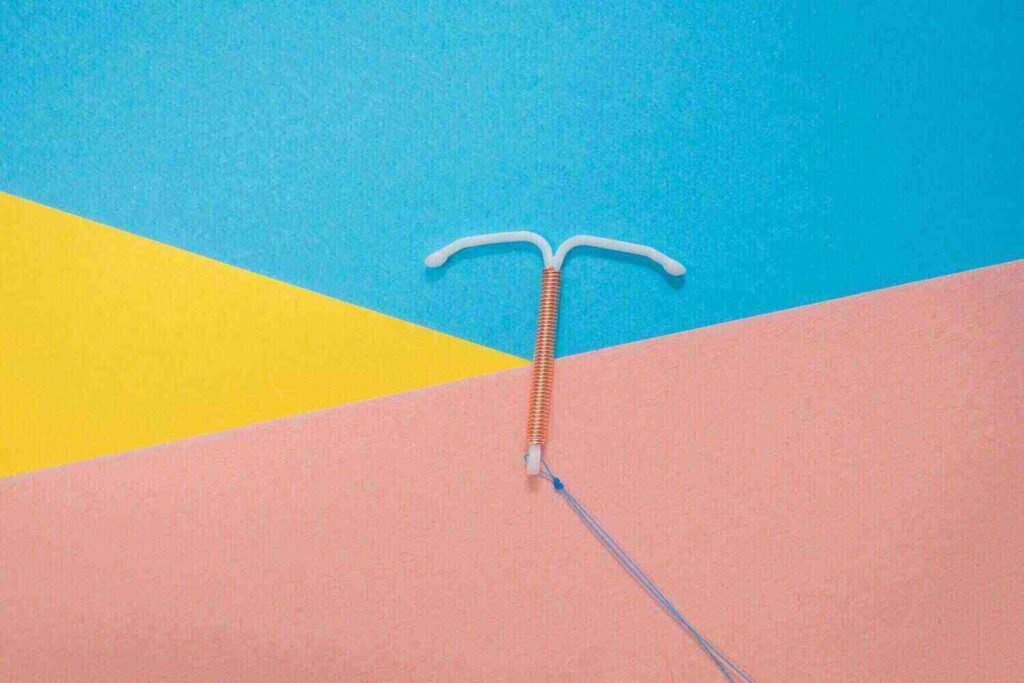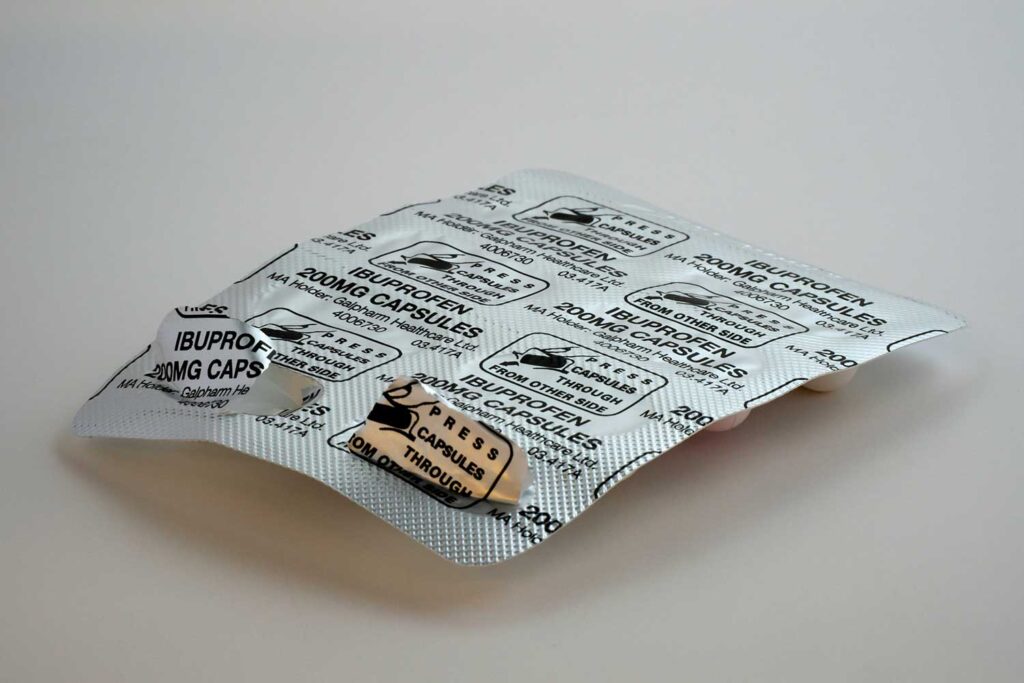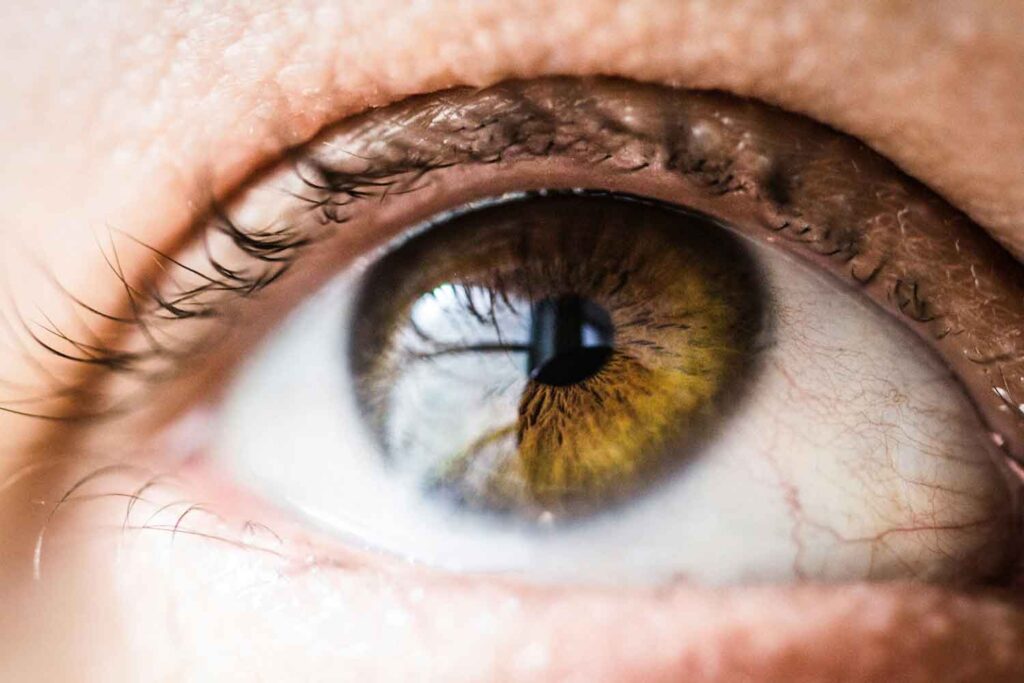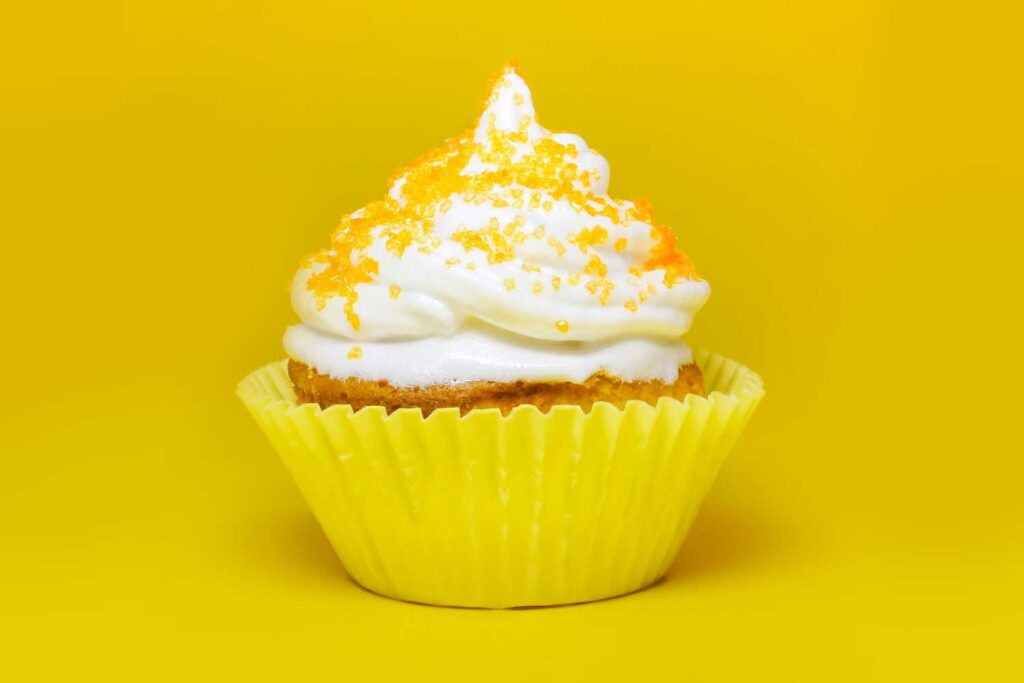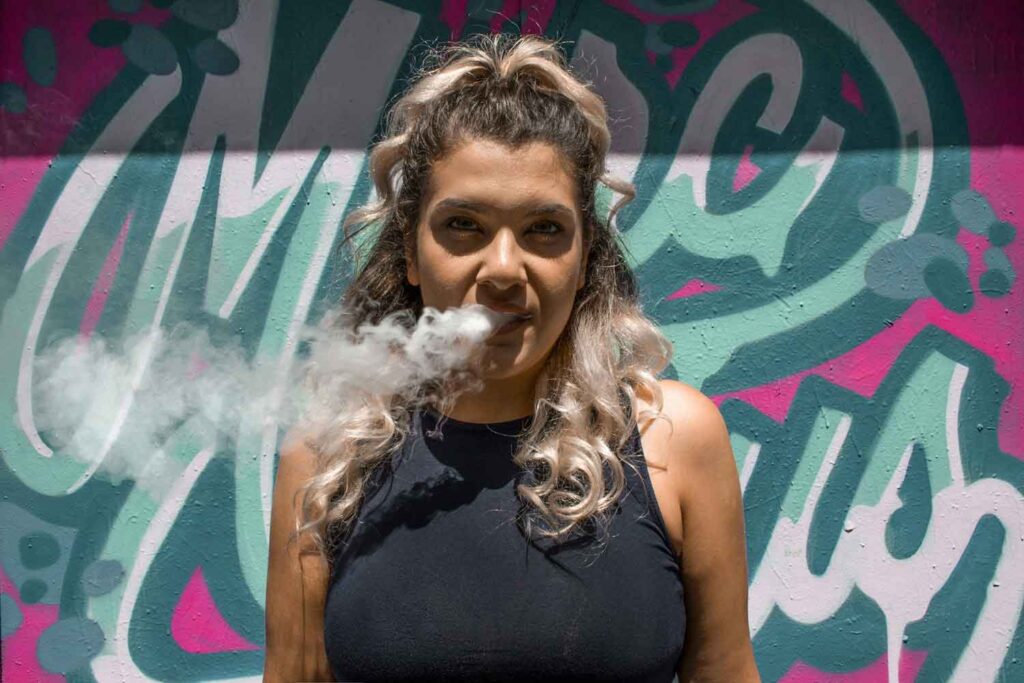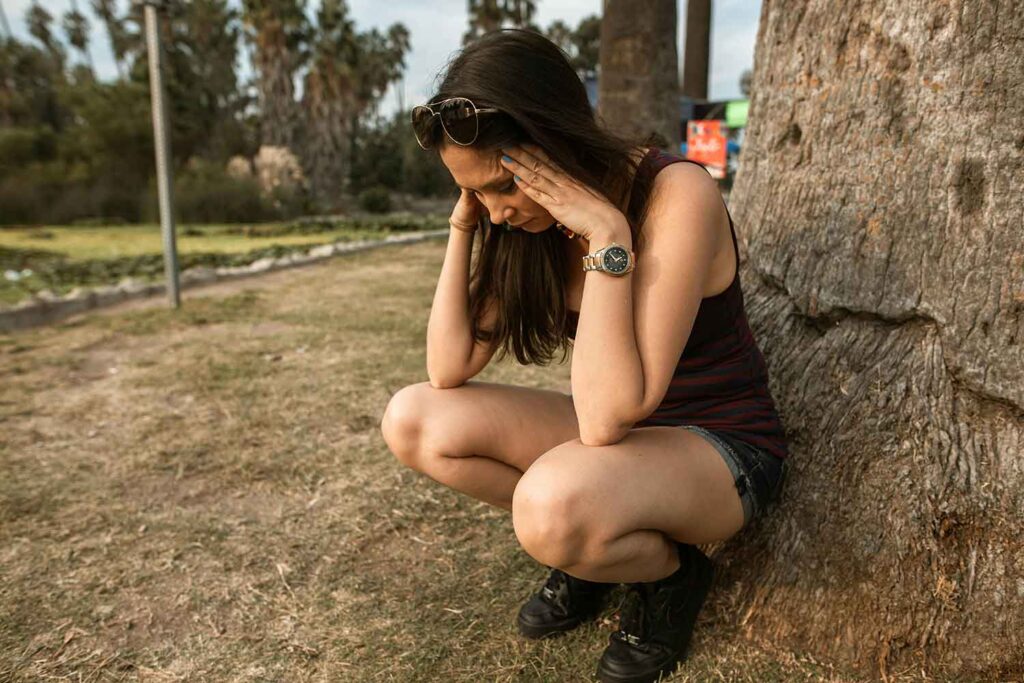Can You Fail a Drug Test if You Smoke Secondhand Smoke?
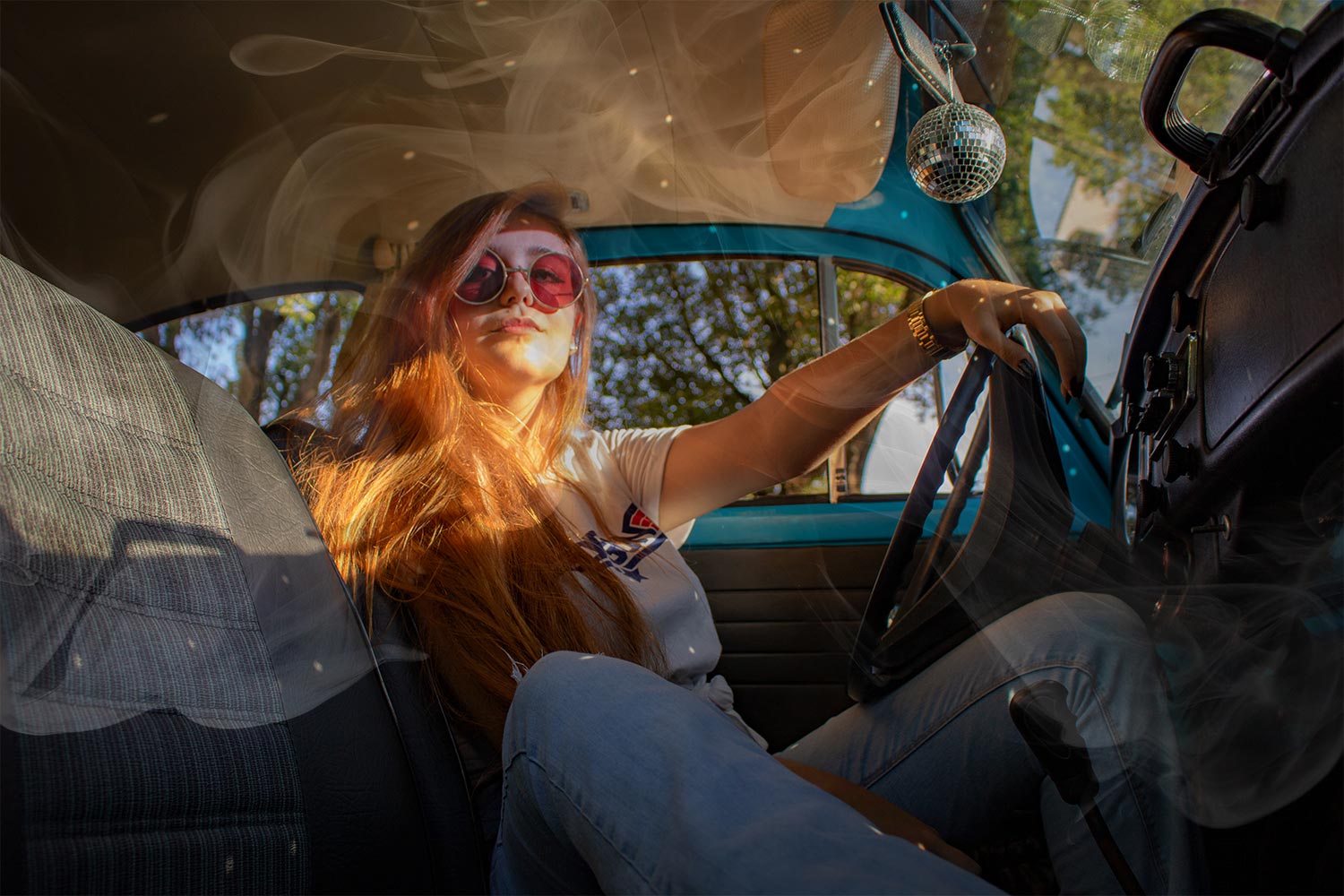
Marijuana, as you may already know, can show up on a drug test for extended periods of time after last use. What if you had a drug test coming up and you didn’t smoke cannabis but were still hanging around people who were, would it show up? Yes, we’re talking about secondhand smoking. Have you ever wondered if you could fail a drug test if you have been exposed to second-hand smoke? Let’s find out.
Feature Photo Source: Pexels / Unsplash (mashup)
Second-hand Marijuana Smoke and Drug Tests
Just to be clear, secondhand smoking refers to the inhalation of smoke that has either been exhaled by someone else or from the item being smoked like a blunt or bong. It may come as a surprise that you may test positive for marijuana from second-hand smoke but it’s only under certain conditions.
Second-hand Marijuana Smoke and Urine Tests
According to a study, the concentration of THC in marijuana, the level of ventilation and the amount of time that passed after exposure influences the possibility of positive results in a drug test. The study found that the amount of THCCOOH concentrations in the blood was dependent on the concentration of THC in the marijuana used. Just to be clear, THCCOOH is an inactive metabolite that is expelled through urine and used for detection.
The study also found out that a well-ventilated room lessened exposure levels. While it’s rare, the study highlighted that extreme cannabis smoke exposure could produce positive urine tests at commonly utilized cutoff concentrations. However, the positive results are time-sensitive. The positive results were only possible hours after the exposure as well as under certain environmental conditions.
Another study, published in the Journal of Analytical Toxicology, focused on the effects of second-hand marijuana smoke for both urine tests and blood tests. For the urine sample, for example, the study said, “Because none of the urine samples produced immunoassay results that were more than the cutoff concentration of 25 ng/mL, none of the passive inhalers would be misjudged for cannabis use in a routine drug screening”.
Ryan Vandrey, Ph.D., an associate professor of psychiatry and behavioral sciences at Johns Hopkins, saw people test positive on a urine test from second-hand smoking in an experiment. According to him, four hours after the experiment ended, a nonsmoker tested positive for THC on a urine test. That urine test had the same cutoff (which was 50 ng/mL) used in the Federal Workplace Drug Testing Program. According to the John Hopkins website, “at intervals between two and 22 hours after the experiment, four of the six nonsmokers tested positive for THC in their urine at a lower cutoff (20 nanograms per milliliter) sometimes used in commercial drug testing programs.”
The non-smokers who tested positive were in an unventilated room under extreme conditions for one hour. The smokers in the room were each given 10 high-potency cannabis cigarettes to smoke.
Second-hand Marijuana Smoke and Blood Tests
The study published in the Journal of Analytical Toxicology concluded that there were only small amounts of THC found in the blood after exposure. The study found that “THC could be detected in trace amounts close to the detection limit of the used method in the first two blood samples after initial exposure.” After 6 hours, THC was no longer detected in the blood tests. However, THC-COOH was detected after 1.5 hours. Interestingly, this compound was still found in 3 out of 8 blood samples after 14 hours. However, it was in very small concentrations between 0.5 and 1.0 ng/mL.
The study concluded that none of the participants would test positive for THC in a drug test because the concentrations found in the blood samples were very small. The concentrations of THC-COOH didn’t exceed levels of about 2 ng/mL.
Second-hand Marijuana Smoke and Saliva Tests
According to another study in the Journal of Analytical Toxicology, THC was detected in saliva. The study concluded that “extreme exposure to environmental cannabis smoke by nonsmokers situated in close proximity to smokers led to deposition of THC in oral fluid.” The study also said that extreme exposure could lead to a positive drug test.
The American Lung Association noted that the health consequences of breathing secondhand marijuana smoke are generally unknown due to the lack of data. However, they have asserted that the same carcinogens and other toxins found in the smoke being inhaled are the same chemicals found the second-hand smoke. They have expressed concern about how the second-hand smoke could affect vulnerable children.
Can You Get High From Second-hand Smoke?
According to Healthline, a contact high is possible. The article said, “Being near marijuana smoke often and in poorly ventilated areas (like a car with the windows rolled up or a small bedroom without a fan) may result in feeling a limited amount of the effects that the person smoking experiences.”
There is evidence that you can experience some symptoms from second-hand smoke. According to the John Hopkins article, non-smokers who were in an unventilated room reported feeling ““pleasant, more tired, and less alert”. The ones who were in a ventilated room just reported that they were hungry.
The study also stated there were behavioral and cognitive effects due to secondhand smoke. In one instance participants in the study were asked to duplicate grid patterns they saw on a computer monitor or perform a basic numbers drill. The article stated that those who were in the unventilated room made more mistakes after being exposed to the smoke than before exposure.
Healthline says the following that it’s possible to feel the following symptoms from second hand marijuana smoke:
- Delayed reflexes
- Dizziness
- Lethargy
Is Second-Hand smoke dangerous?
You may have heard about the dangers of secondhand smoke from tobacco products. According to the CDC, there is no safe amount of secondhand smoke from tobacco products. As a matter of fact, adults who have never smoked tobacco smoke are at risk for heart problems, stroke, and lung cancer from second-hand smoke.
Of course, there are differences between marijuana smoke and cigarette smoke. For example, lung disease isn’t as tightly linked to marijuana smoke like it is to cigarette smoke. However, according to a study done on rats, second-hand smoke from marijuana affected the flow-mediated dilation of the femoral artery. Flow-mediated dilation refers to how much arteries enlarge in response to increased blood flow of the femoral artery. According to the study “One minute of exposure to marijuana SHS (second-hand smoking) substantially impairs endothelial function in rats for at least 90 minutes”. This is much longer than what tobacco smoke would have caused.
Conclusion
It’s not impossible to fail your drug test after being exposed to secondhand smoke but it is unlikely. To put your mind at ease, make sure you’re in a ventilated room and maybe wait a couple of hours after exposure to do your drug test. There isn’t enough data on whether or not secondhand smoke from marijuana is detrimental to your health but if you start to feel unwell don’t hesitate to open the door or get some fresh air.

